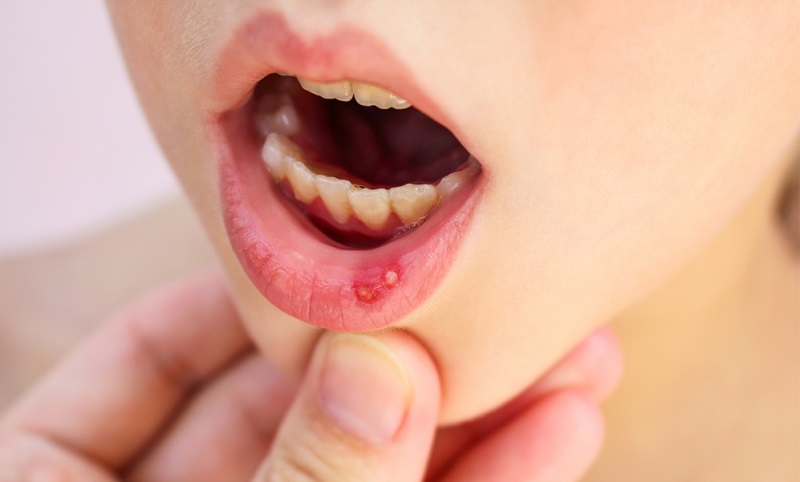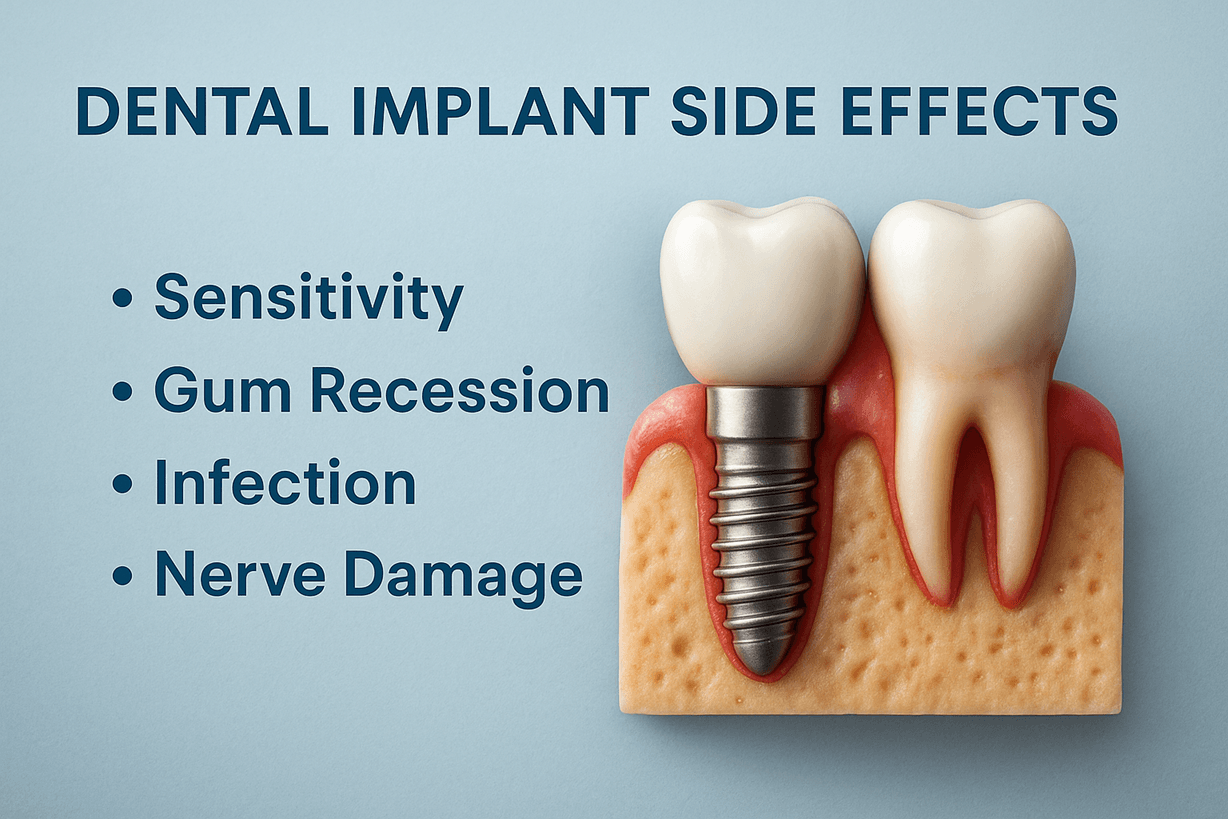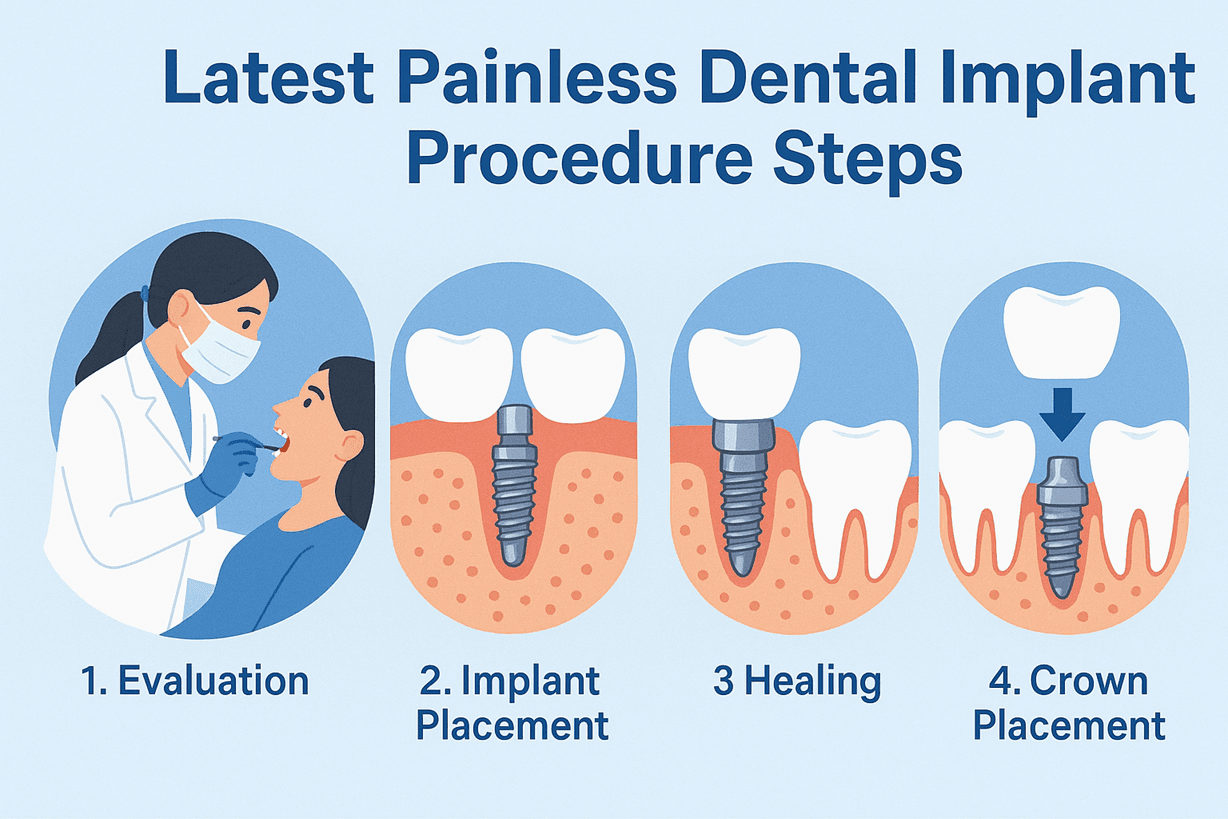Contents
- What are Mouth Ulcers and Canker Sores?
- Foods to Avoid When Suffering from Mouth Ulcers/Canker Sores
- Tips on How to Prevent Mouth Ulcers and Canker Sores
- 1. Practice Good Oral Hygiene
- 2. Avoid Triggers
- 3. Use a Soft-Bristled Toothbrush
- 4. Reduce Stress
- 5. Avoid Chewing Gum
- 6. Get enough Vitamins and Minerals
- 7. Avoid Smoking and Alcohol
- Home Remedies to Cure Mouth Ulcers Naturally
- Natural Supplements That Can Help Reduce the Severity of a Mouth Ulcer
- When to See a Doctor for a Mouth Ulcer?
- Frequently Asked Questions
- How to cure mouth ulcers fast and naturally?
- What is the home remedy for mouth ulcers?
- Why is my mouth ulcer not healing?
- How to cure mouth ulcers in one day?
- How to cure mouth ulcer permanently?
- What foods cause mouth ulcers?
- Is curd good for mouth ulcers?
- Is coconut oil good for mouth ulcers?
- Is ice cream good for mouth ulcers?
- Can stress cause mouth ulcers?

Mouth ulcers can be treated naturally in several ways. In this article, we'll examine some of the best at-home treatments for mouth ulcers and discuss what to do if the ulcer is persistent or doesn't heal.
We'll also talk about how to prevent mouth ulcers and the factors that contribute to them.
What are Mouth Ulcers and Canker Sores?
Mouth ulcers, commonly referred to as canker sores, are tiny, uncomfortable lesions that can appear inside the mouth.
They can be quite unpleasant and even impair your ability to eat or speak, but they are mostly harmless and will go away on their own in a week or two.
It is common for people of all ages to develop mouth ulcers. They are frequently brought on by mild irritants like unintentional cheek or tongue biting, sharp tooth surfaces, or dental procedures.
However, due to a variety of variables, including stress, hormonal fluctuations, allergies, vitamin deficiencies, and specific medical disorders, some people are more likely to develop mouth ulcers.
Recurrent aphthous stomatitis (RAS), often known as frequent mouth ulcers, is a disorder where a person frequently gets several mouth ulcers. RAS is thought to be caused by a combination of genetic, environmental, and immunological factors, while its specific cause is unknown.
If you experience frequent mouth ulcers or persistent non-healing ulcers, it is important to visit a healthcare professional to rule out any underlying medical conditions.
Foods to Avoid When Suffering from Mouth Ulcers/Canker Sores
Mouth ulcers, commonly referred to as canker sores, can be irritating and painful. Certain foods might cause and worsen mouth ulcers.
Following are some meals to stay away from if you have mouth ulcers:
1. Spicy Foods:
Spicy meals may aggravate mouth tissue that is already irritated, increasing pain and suffering.
2. Citrus Fruits:
Have a strong acidity that can irritate the mouth and aggravate an ulcer. This comprises tomatoes, grapefruit, oranges, lemons, and limes.
3. Crunchy Foods:
Foods that are crunchy, like chips, crackers, and hard candies, might injure the mouth's already delicate tissue and exacerbate pain.
4. Nuts:
Because they are rough, nuts can irritate the mouth's delicate tissue and aggravate an ulcer.
5. Carbonated Beverages:
Can irritate ulcers because they are acidic. They can also cause a burning sensation in the mouth.
Tips on How to Prevent Mouth Ulcers and Canker Sores
When it comes to mouth ulcers and canker sores, prevention is crucial. Here are some suggestions for avoiding canker sores and mouth sores:
1. Practice Good Oral Hygiene
Floss frequently and brush your teeth twice daily. If doing so, they remove food particles and harmful microorganisms, thereby preventing ulcers.
2. Avoid Triggers
Steer clear of foods that make your mouth ulcers worse. You can keep a food journal to find your trigger foods.
3. Use a Soft-Bristled Toothbrush
A toothbrush with a soft bristle is kind to the mouth and helps to ward off mouth ulcers.
4. Reduce Stress
Stress might hamper your immune system and increase your risk of developing mouth ulcers.
5. Avoid Chewing Gum
Chewing gum irritates the lining of your mouth and increases the risk of developing ulcers.
6. Get enough Vitamins and Minerals
Certain vitamins and minerals, such as vitamin B12, iron, and zinc, are important for maintaining a healthy mouth. Make sure you are getting enough of these nutrients in your diet or consider taking supplements.
7. Avoid Smoking and Alcohol
Smoking and alcohol could irritate the lining of your mouth and increase the risk of developing mouth ulcers. Avoid smoking and limit your alcohol consumption.
Home Remedies to Cure Mouth Ulcers Naturally
One of the best things about mouth ulcers is that there are plenty of natural remedies you can use to soothe and heal them.
Here are some of the most effective:
1. Saltwater Rinse
Using a cup of warm water and a teaspoon of salt, perform a saltwater rinse in your mouth for 30 seconds before spitting it out. This may aid in promoting healing and reducing inflammation.
2. Honey
Applying a small amount of honey to the ulcer can help reduce discomfort and speed up recovery. Honey naturally fights bacteria and reduces.
3. Aloe Vera
Because of its soothing qualities, the gel from the aloe vera plant is a fantastic choice for treating mouth ulcers. All you need to do is dab a little aloe vera gel on the ulcer and wait a few minutes before rinsing it off.
4. Coconut Oil
The antibacterial properties of coconut oil can aid in the prevention of infection and hasten the healing process. Simply spit out a tablespoon of coconut oil after swishing it around in your mouth for a few minutes.
5. Baking Soda Paste
Apply a thin layer of the baking soda paste directly to the ulcer by combining a little baking soda with water to make a paste.
A few minutes should pass before you rinse it off. Baking soda can assist in neutralizing oral acids, which can aid in lessening discomfort and speed up healing.
Natural Supplements That Can Help Reduce the Severity of a Mouth Ulcer
Several natural supplements can help reduce the severity of a mouth ulcer:
1. Vitamin B12:
Vitamin B12 deficiency can cause mouth ulcers, so taking a supplement can help alleviate them. Foods rich in vitamin B12 include meat, fish, and dairy products.
2. Zinc:
Zinc can help speed up the healing process of mouth ulcers. Foods rich in zinc include oysters, beef, and pumpkin seeds.
3. Vitamin C:
Vitamin C can help reduce inflammation and promote healing. Foods rich in vitamin C include citrus fruits, kiwi, and bell peppers.
4. Lysine:
Lysine is an amino acid that can help reduce the severity of mouth ulcers. Foods rich in lysine include meat, fish, and dairy products.
5. Probiotics:
Probiotics can help balance the bacteria in your mouth, which can help prevent mouth ulcers. Foods rich in probiotics include yogurt, kefir, and sauerkraut.
When to See a Doctor for a Mouth Ulcer?
Most mouth ulcers will heal on their own within a week or two. However, you should see a doctor if:
- The ulcer is very large, painful, or lasts longer than three weeks.
- You have difficulty eating or drinking because of the ulcer.
- You have other symptoms such as a fever or swollen lymph nodes.
- You have frequent mouth ulcers (more than three or four times a year).
- You have a weakened immune system due to a medical condition or medication.
- You have a family history of mouth ulcers or other oral diseases.
Frequently Asked Questions
How to cure mouth ulcers fast and naturally?
Here are some natural remedies for curing mouth ulcers quickly:
Apply coconut oil or honey directly onto the ulcer.
Rinse your mouth with salt water or baking soda solution.
Apply aloe vera gel directly onto the ulcer.
Chew on some tulsi (holy basil) leaves.
Apply a mixture of turmeric powder and glycerin onto the ulcer.
Apply a damp tea bag directly onto the ulcer.
It's important to note that if the ulcers persist or worsen, it's best to consult a doctor for proper diagnosis and treatment.
What is the home remedy for mouth ulcers?
Using aloe vera gel, applying honey or coconut oil to the ulcer, washing your mouth with salt water, and avoiding spicy or acidic foods are a few home cures for mouth ulcers.
Why is my mouth ulcer not healing?
Mouth ulcers can last up to two weeks to heal, but if they continue after that time, it may be an indication of a serious underlying illness like a vitamin deficiency, infection, or autoimmune issue.
For an accurate diagnosis and treatment, it is advised to visit a physician or dentist.
How to cure mouth ulcers in one day?
A mouth ulcer is unlikely to be cured in a single day. However, by gargling with salt water, applying a baking soda paste, applying a numbing agent like benzocaine, and avoiding spicy or acidic foods, you can lessen the discomfort.
It's crucial to give the ulcer enough time to recover naturally, which could take up to 1-2 weeks.
How to cure mouth ulcers permanently?
Since mouth ulcers can be brought on by several things, including stress, nutritional deficiency, allergies, and medical disorders, there is no permanent treatment for them.
However, by keeping your mouth clean, eating a balanced diet, managing your stress, avoiding foods that trigger mouth ulcers, and getting medical attention for underlying medical disorders, you can lessen their occurrence and severity.
What foods cause mouth ulcers?
Foods that are spicy, acidic, or have a rough texture can either induce or aggravate mouth ulcers. Citrus fruits, tomatoes, chocolate, coffee, almonds, chips, and foods with a lot of salt or sugar are a few examples of popular trigger foods.
It's also possible for certain people to have food allergies or sensitivities, which might result in mouth ulcers.
Is curd good for mouth ulcers?
Yes, curd or yoghurt can help treat mouth ulcers because it includes probiotics that encourage the development of good oral flora. Curd's cool and comforting texture can also ease the pain and discomfort associated with oral ulcers.
It is crucial to pay attention to your body and stay away from any triggering foods because some people may be sensitive to dairy products.
Is coconut oil good for mouth ulcers?
Yes, because it has anti-inflammatory and antibacterial characteristics that can help to lessen inflammation and prevent infections in the mouth, coconut oil is beneficial for mouth ulcers.
Coconut oil can be used as a mouthwash by swishing it about in your mouth for a few minutes before spitting it out, or you can apply a little amount directly to the ulcer.
It is crucial to remember that additional research is required to completely comprehend the possible advantages of coconut oil for the treatment of mouth ulcers.
Is ice cream good for mouth ulcers?
Ice cream is typically not advised for those who have mouth ulcers since it can be overly cold and irritate the mouth's delicate tissues. Ice cream's sugar content can encourage the growth of bacteria in the mouth, adding to the pain and inflammation that cold temperatures can bring on.
These factors together can exacerbate an ulcer. Stick to soft, bland, warm foods that are simple to chew and swallow instead, such as yoghurt, steamed vegetables, and smoothies.
Can stress cause mouth ulcers?
Indeed, stress can result in mouth sores. As a result of immune system deterioration brought on by stress, the body is more susceptible to infections and inflammation, particularly in the mouth.
Hormonal changes brought on by stress might also contribute to the development of mouth ulcers. Stress management techniques such as exercise, meditation, and deep breathing can help to reduce the likelihood of developing mouth ulcers.


